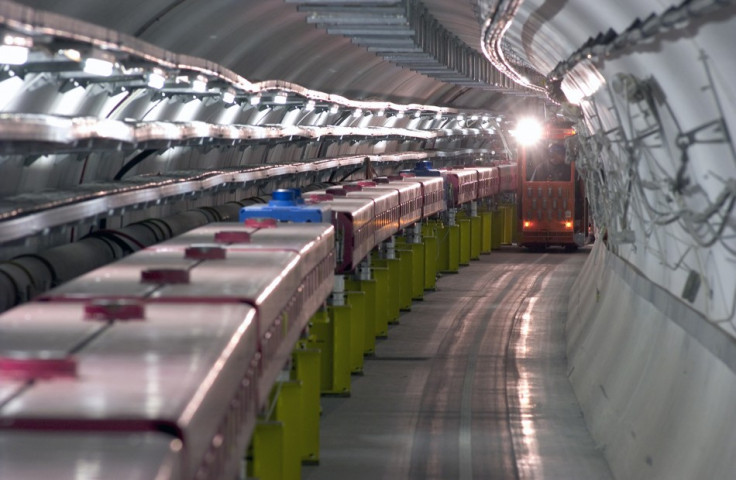Mysterious neutrinos create new particles out of nothing in 'glancing blows' on matter

In more proof of their mysterious nature, neutrinos have been shown to interact minimally with particles and yet create new particles, almost out of nothing.
Most times they remain inert and do not interact with material. This is the reason why it has been difficult to detect neutrinos though there are billions of them whizzing at any moment in space.
On the rare occasions when they do interact, they usually deliver a hard punch on the particle that involves large energy transfers.
And now it seems neutrinos can also inflict 'glancing blows' leaving the particle largely unaffected but managing to create a new particle, pion, out of vacuum.
Comparing the process to firing a bullet at a bubble which deflects the bullet, Professor Kevin McFarland, a scientific co-spokesperson with the international MINERvA collaboration, which carries out neutrino scattering experiments at Fermilab, says, "This effectively shields the bubble from getting blasted apart and instead the bullet only delivers a gentle bump to the bubble."
Though just a glancing blow the interaction resulting in a new particle requires more energy than needed to blast the nucleus (bubble) apart.
The team measured the momentum and energy transferred to the carbon nucleus which remained undisturbed and the energies of the pions created.
In identifying this reaction, the key to identifying the reaction was finding undisturbed carbon nuclei and then studying the two resulting particles – the pion, which is responsible for shielding the nucleus, and the muon.
The presence of neutrinos is largely inferred from results of particle interactions that result in energy given out. They have been indicated in many astronomical observations ranging from Milky Way's black hole to the sun's core.
Some scientists believe that most of the neutrinos have their source in the Big Bang but most of these ancient neutrinos would be left with very little energy after 14 billion years.
© Copyright IBTimes 2025. All rights reserved.





















